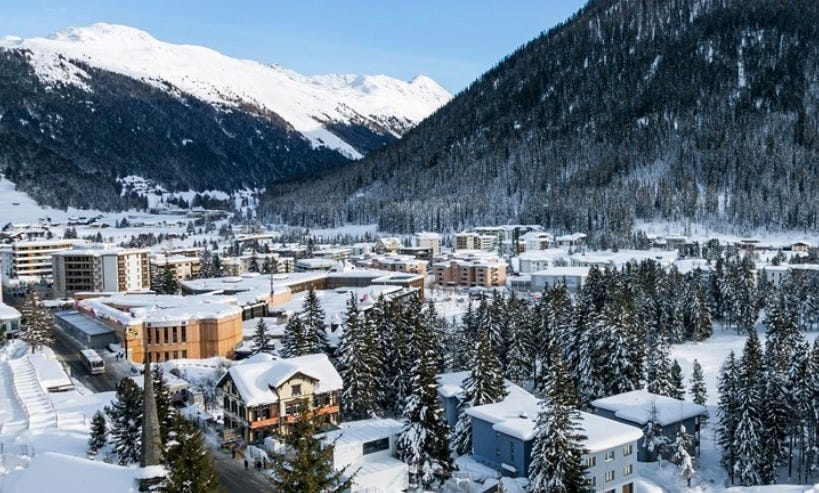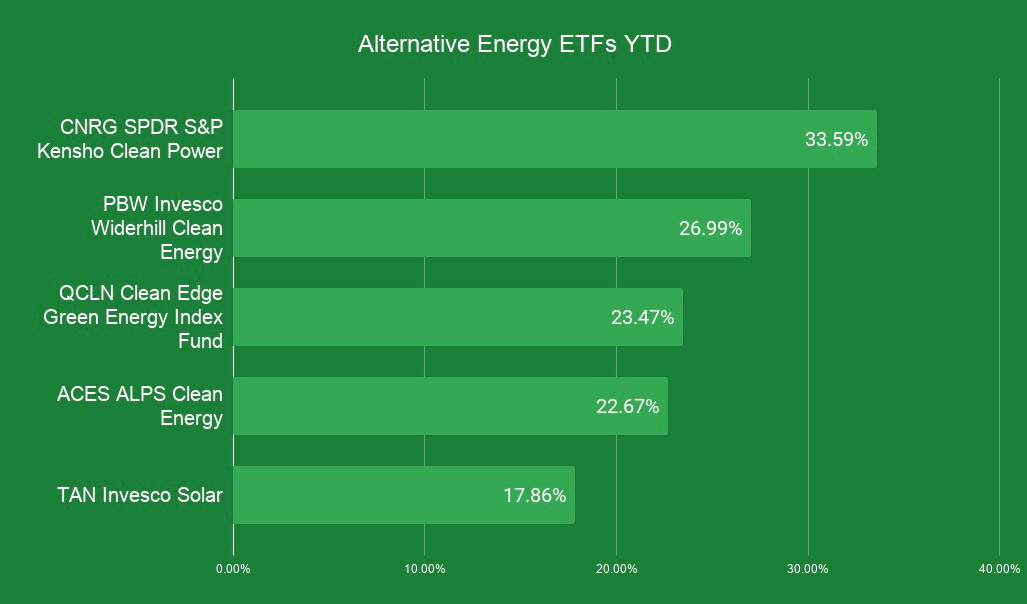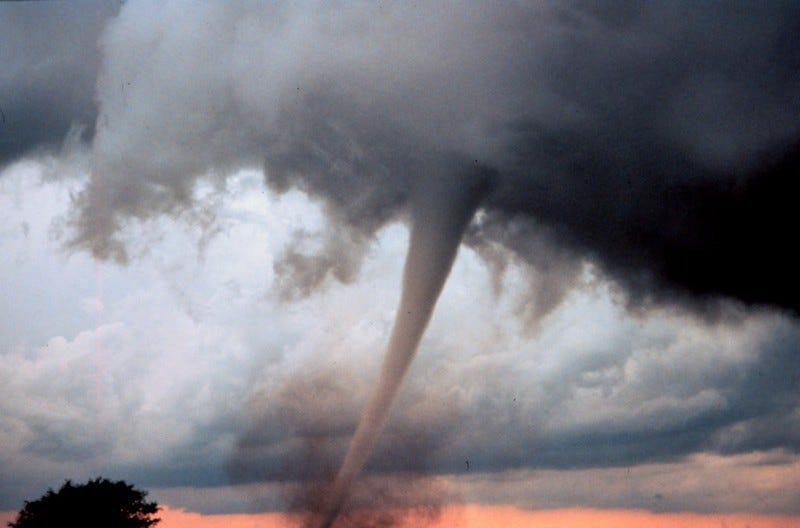Xi Jinping, having done little on global warming in four years, tells world he'll handle climate change
Welcome to Callaway Climate Insights. We're starting four days a week today. Please share and subscribe.
Hard to believe it was just four years ago at the World Economic Forum in Davos in 2017 when Chinese President Xi Jinping stole the show and the world’s climate agenda from a U.S. still reeling from the election of Donald Trump.
Four years later, having done little to advance that speech, Xi was the key speaker at the virtual Davos on Monday, and spent most of his time issuing veiled threats about cold wars and hot wars if countries didn’t act together on international issues and stop prying into each other’s affairs on domestic ones. What little he said about climate was in the form of a vague promise about sustainable development near the end of his talk, in which he indicated it was a problem he could solve.
“I have announced China’s goal of striving to peak carbon dioxide emissions before 2030 and achieve carbon neutrality before 2060. Meeting these targets will require tremendous hard work from China. Yet we believe that when the interests of the entire humanity are at stake, China must step forward, take action, and get the job done. China is drawing up action plans and taking specific measures already to make sure we meet the set targets,” he said.
For a world awaiting details of China’s emissions goals in its upcoming five-year plan, Xi was a disappointment. Perhaps not as disappointing, however, as the fact that the annual forum couldn’t be in the Swiss Alps this year, as Monday is usually the day the world’s corporate elite arrives by train and plane and revels in the breathtaking views of the snowy hills and valleys along the way.
The organizers of the forum, led by founder Klaus Schwab, are famously flexible, and are currently planning an in-person meeting in Singapore in May. Back in 2002, after the 9/11 attack a few months before, Schwab moved the entire meeting from Switzerland to New York to show support for the city.
As for the complaints that Davos is one big, carbon-loaded, invite-only party, well, the forum has been creatively offsetting for years. This year, though, like everywhere else thanks to Covid, Davos is a zero-carbon event.
Note to readers: Callaway Climate Insights will move to a subscription model on Feb. 8. Subscribers will have access to our most valuable content and data, special invitations to webinars and online conferences, and receive first insights on breaking news as it develops, ahead of free readers. Subscribe today to get a special founders rate, which will never increase. Or pay monthly or annually.
More insights below. . . .
Don’t forget to contact me directly if you have suggestions or ideas at dcallaway@callawayclimateinsights.com.
. . . . As the U.S. officially rejoined the international battle against climate change on Monday, with new climate czar John Kerry speaking virtually with world leaders at the Climate Adaption Summit hosted by the Netherlands, the race among central banks to take over the financial side of the battle was heating up. The European Central Bank announced it would create a climate team of 10 people, reporting directly to ECB President Christine Lagarde, which would rival the team new Treasury Secretary Janet Yellen said she would create last week. Progressives are pushing for Yellen to hire her own climate czar to really push Wall Street in a way that Kerry can’t. They see it as their chance to get Sarah Bloom Raskin, former deputy treasury secretary, who was passed over by the Biden transition team, into a role of influence again. Raskin has publicly pushed for more climate disclosure from financial institutions, stress tests on banks and markets, and a faster withdrawal of financial support of fossil fuel companies. An appointment to run Yellen’s team at Treasury would be a strong signal by the Biden team to the progressives that the new president takes them seriously after a number of nominations went against them. . . .
. . . . Most climate studies claim third-world countries are most at risk from global warming, despite the fact that they’ve done little to nothing in terms of carbon emissions to get them there. But one that caught my eye recently, from last year, indicated that Japan and Germany, as well as the Philippines, were the most at risk because of stifling heat waves in the past few years. Canada was also on the list. The Global Climate Risk Indicator 2020, which actually used data only through 2018, said these four countries joined India and five other developing countries on its top 10 list. Heat waves will increasingly be associated with global warming and climate disasters, leading to greater demand for cooling technologies that don’t create emissions that extend the cycle. . . .
Charting progress: Alternative Energy ETFs so far this year
. . . . Oil stocks aren’t the only ones rallying in the New Year. These five clean energy stocks and funds are also on fire. With the Biden administration expected to push solar, wind, and other renewable energy sources, investors are betting on another stellar year for clean energy plays. . . .
Data driven: Climate denier bots are busy
. . . . Roughly one in four original tweets discussing climate change one month before and after the U.S. withdrew from the Paris Agreement was an automated bot, according to researchers. Data show bots play a big role in the denial of climate change and climate science on one of the world’s most influential communication platforms. . . .
News briefs: Climate disasters, DuPont’s deal on ‘forever chemicals’
Editor’s picks:
DuPont, Chemours reach agreement over ‘forever chemicals’
EVs nearer to wide adoption
Climate finance markets need to grow by more than $3 trillion a year







